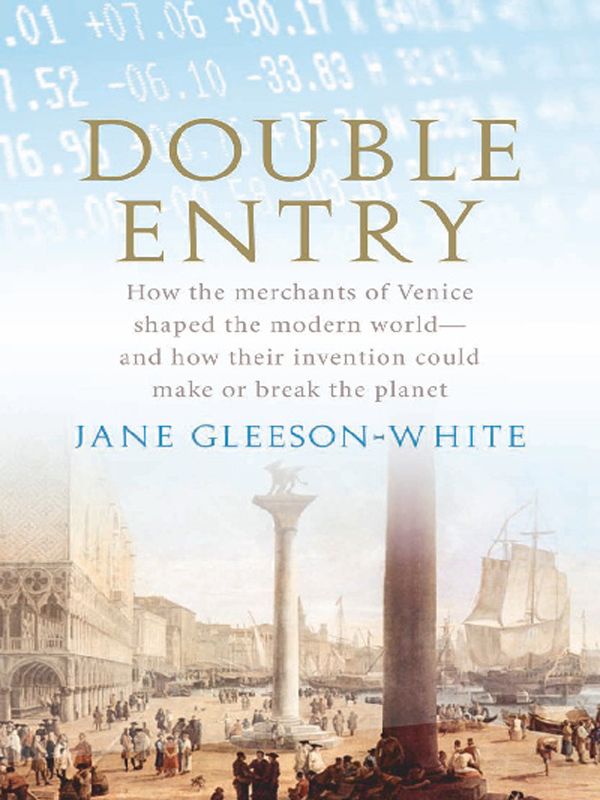Hippo quoted Double entry by Jane Gleeson-White
Q: Why make you Cash Debtor? A: Because Cash (having received my money unto it) is obliged to restore it again at my pleasure: for Cash representeth (to me) a man, to whom I (only upon confidence) have put my money into his keeping; the which by reason is obliged to render it back, or to give me an account what is become of it: even so if Cash be broken open, it giveth me notice what's become of my money, else it would redound it wholly back to me.
— Double entry by Jane Gleeson-White (24%)
A fun extract from The Merchant's Mirror by Richard Dafforne! I was getting really confused about what maketh a debit or a credit, so this style of explaining actually helped. I'm still not clear on the details, but I get the general idea: there are two columns in each account, and in some accounts it's the left column that belongs to you while in others it's the right.
Hmm, I wonder: is it the lack of negative numbers that made two columns necessary? How would bookkeeping have been different if negative balances were allowed?
This is not just speculation; I recently discovered Plain Text Accounting (PTA) which follows most of the principles of double-entry bookkeeping but uses negative and positive numbers instead of separate columns. And also reverses when appropriate so as not to make Cash the debtor 😛
But I find the "original" accounting system quite neat, including the fact that it provides some sort of sanity check in the day when all calculations were done by hand.

